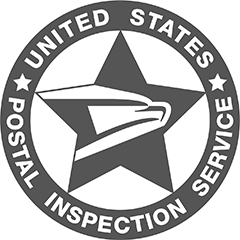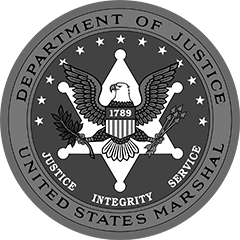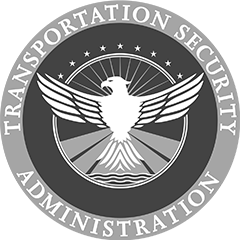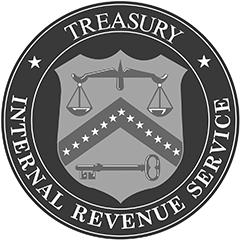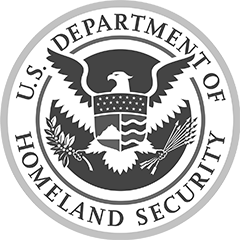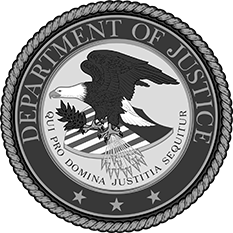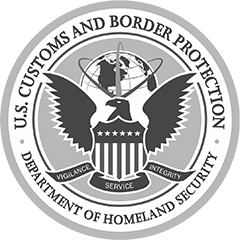Attorneys Fighting Seizures of Property for Forfeiture
If a local, state, or federal law enforcement officer seized your property for forfeiture proceedings, we can help you fight to get it all back. We represent clients in asset forfeiture proceedings in both state and federal court, including innocent owners, purchasers for value, lien holders, bailors, and spouses.
Deciding how to get your property back depends on several factors, including:
- Whether the asset forfeiture proceeding is civil or criminal;
- Which agency seized the property and its authority for doing so under state or federal law
- Whether you should select administrative or judicial forfeiture proceedings by:
- filing a petition for remission or mitigation which lets the agency decide what happens to the property; or
- filing a claim for court action triggers judicial forfeiture proceedings in court (unless the property is immediately returned);
- In judicial proceedings in state or federal court, we can help you file:
- a demand for an adversarial preliminary hearing (APH); or
- an answer to the complaint for forfeiture.
We created this website to give you more information on how to fight for the return of your property. To discuss your case with an experienced civil asset forfeiture lawyer at Sammis Law Firm.
Contact us for a free and confidential consultation. Fill out the evaluation form on our website or call 813-250-0500.
Criminal or Civil Asset Forfeiture
The first step is figuring out whether the forfeiture is criminal or civil. For criminal asset forfeiture cases, the forfeiture is “in personam,” which means “against the person.” The government must list the property in the indictment against the defendant and show it was used or derived from the crime. If the property is not listed in an indictment, it might later be listed in a bill of particulars.
If no one was arrested for any crime related to the seizure, the case will most likely be civil. For civil asset forfeiture cases, the forfeiture is “in rem,” which means “against the property.” It occurs even if no one is arrested or charged with a crime.
Most seizures for civil asset forfeiture occur at the airport or ports of entry, on the roadway, during the execution of a seizure warrant, from bank accounts, or cryptocurrency trading platforms.
Federal or State Civil Asset Forfeiture Proceedings
The second step for civil asset forfeiture cases is determining which agency seized the property. Federal agencies that seize property for civil asset forfeiture proceedings include:
- ATF – Bureau of Alcohol, Tobacco, Firearms and Explosives
- CBP – U.S. Customs and Border Protection
- DEA – Drug Enforcement Administration
- FBI – Federal Bureau of Investigation
- HSI – Homeland Security Investigations
- USAO – Offices of the United States Attorneys
- USPIS – United States Postal Inspection Service
- USSS – United States Secret Service
The easiest way to determine which agency seized the property is to check any receipt issued at the time of the seizure, which lists the name of the agency that seized it. If you did not receive a receipt at the time of the seizure, your attorney can contact the agency that seized it to request a copy of the receipt.
Additionally, the agency that seized the property must issue a written “notice of seizure” within 60 days of the seizure.
In Florida, state agencies that handle civil asset forfeiture cases include:
- Florida Highway Patrol;
- a local sheriff’s office; or
- a local police department.
Even if a state agency initially seized the property, it might later turn it over to a federal agency if it decides to “adopt” the forfeiture. If so, the case proceeds under federal law instead of state law. Under those circumstances, the federal agency has 90 days to issue the written “notice of seizure” served on all known potential claimants.
Deciding Between Administrative or Judicial Forfeiture
The third step is filing a claim with the seizing agency, as state or federal law requires. Some federal forfeitures do not proceed under CAFRA. These non-CAFRA proceedings usually involve violations of import or export laws.
Under federal law, the forfeiture can be handled administratively or judicially. In an administrative forfeiture, the agency decides what happens to the property and whether anything is returned to the owner. Fighting the case in an administrative proceeding requires filing a petition for remission or mitigation.
Instead of letting the agency decide what happens to the property, the owner can opt out of an administrative forfeiture by filing a claim for court action. Filing the claim triggers a 90-day deadline for the government to either return the property to you or file a complaint for forfeiture in the U.S. District Court.
During your free and initial consultation, the attorneys at the Sammis Law Firm can explain why it is better to file a verified claim for court action immediately after the seizure to opt out of administrative forfeiture.
Most federal seizures fall under the Civil Asset Forfeiture Reform Act of 2000 (CAFRA), which provides important protections during judicial actions, including the right to a jury trial. If you substantially prevail in court, the Court is required to order the government to pay your reasonable attorney fees.
Florida Contraband Forfeiture Act Proceedings
Under Florida law, all civil asset forfeiture proceedings are judicial and governed by the Florida Contraband Forfeiture Act (FCFA).
Under FCFA, the agency that seized the property must give you notice of your right to demand an adversarial preliminary hearing within 15 days of receiving notice. You can demand the APH even if the agency never served you with a written notice, but you must act quickly.
If you win the APH, the court will order the agency to pay your reasonable attorney fees. If you do not win the APH, the agency must file a complaint for forfeiture in court. Anyone with standing to contest the forfeiture can file a claim and answer the lawsuit. In Florida, you have the right to a jury trial to decide who gets to keep the property.
Finding the Right Civil Asset Forfeiture Attorney
If your property was seized for civil or criminal asset forfeiture, contact an experienced attorney at Sammis Law Firm. We can represent you at all stages of the case in state or federal court.
We represent any claimant with standing to contest the forfeiture, including the innocent owner, bailor, bailee, buyer or seller for value, fraud victim, or lien holder. Strict deadlines apply, so contact us immediately after the seizure.
Call 813-250-0500 today.
Back to top














